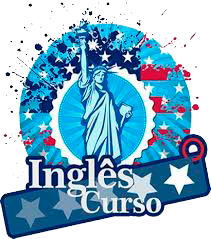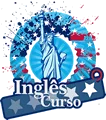Definição e exercícios sobre NOUN X VERB
Nouns x Verbs Caro colega, segue abaixo a explicação gramatical em inglês de substantivos e verbos. Você pode usar o resumo tanto para seu proprio conhecimento, quanto para passar ou revisar esse tópico gramatical com seus alunos. A vantagem de abordar a gramática dessa forma é que ao mesmo tempo você vai praticar vocabulário e ensinar gramática! Obs: Depois do resumo gramatical segue exercícios sobre verbos e substantivos de nível básico, ou seja, muito fácil! Boa aula! What is a noun? A noun is the word that refers to a person, thing or abstract idea. A noun can tell you who or what. There are several different types of noun:- · There are common nouns such as dog, car, chair etc. · Nouns that refer to things which can be counted (can be singular or plural) are countable nouns. · Nouns that refer to some groups of countable nouns, substances, feelings and types of activity (can only be singular) are uncountable nouns. · Nouns that refer to a group of people or things are collective nouns. · Nouns that refer to people, organizations or places are proper nouns, only proper nouns are capitalized. · Nouns that are made up of two or more words are called compound nouns. · Nouns that are formed from a verb by adding –ing are called gerunds What is a verb? · Verbs are a class of words used to show the performance of an action (do, throw, run), existence (be), possession (have), or state (know, love) of a subject. To put it simply a verb shows what something or someone does. · Most statements in speech and writing have a main verb. These verbs are expressed in tenses which place everything in a point in time. · Verbs are conjugated (inflected) to reflect how they are used. There are two general areas in which conjugation occurs; for person and for tense . · Conjugation for tense is carried out on all verbs. All conjugations start with the infinitive form of the verb. The infinitive is simply the to form of the verb For example, to begin. The present participle form (the -ing form), is formed by adding ing to the bare infinitive. For example, the present participle of the verb to begin is beginning. There are two other forms that the verb can take, depending on the tense type and time, the simple past form (began) and the past participle (begun). · Conjugation for person occurs when the verb changes form, depending on whether it is governed by a first, second, or third person subject. This gives three conjugations for any verb depending on who is acting as the subject of the verb. For example, we have: to begin, you begin , and he begins. Note that only the third conjunction really shows a difference. · While most English verbs simply do not show extensive conjugation forms for person, an exception is the verb to be. Exercícios Nouns x Verbs Respostas

